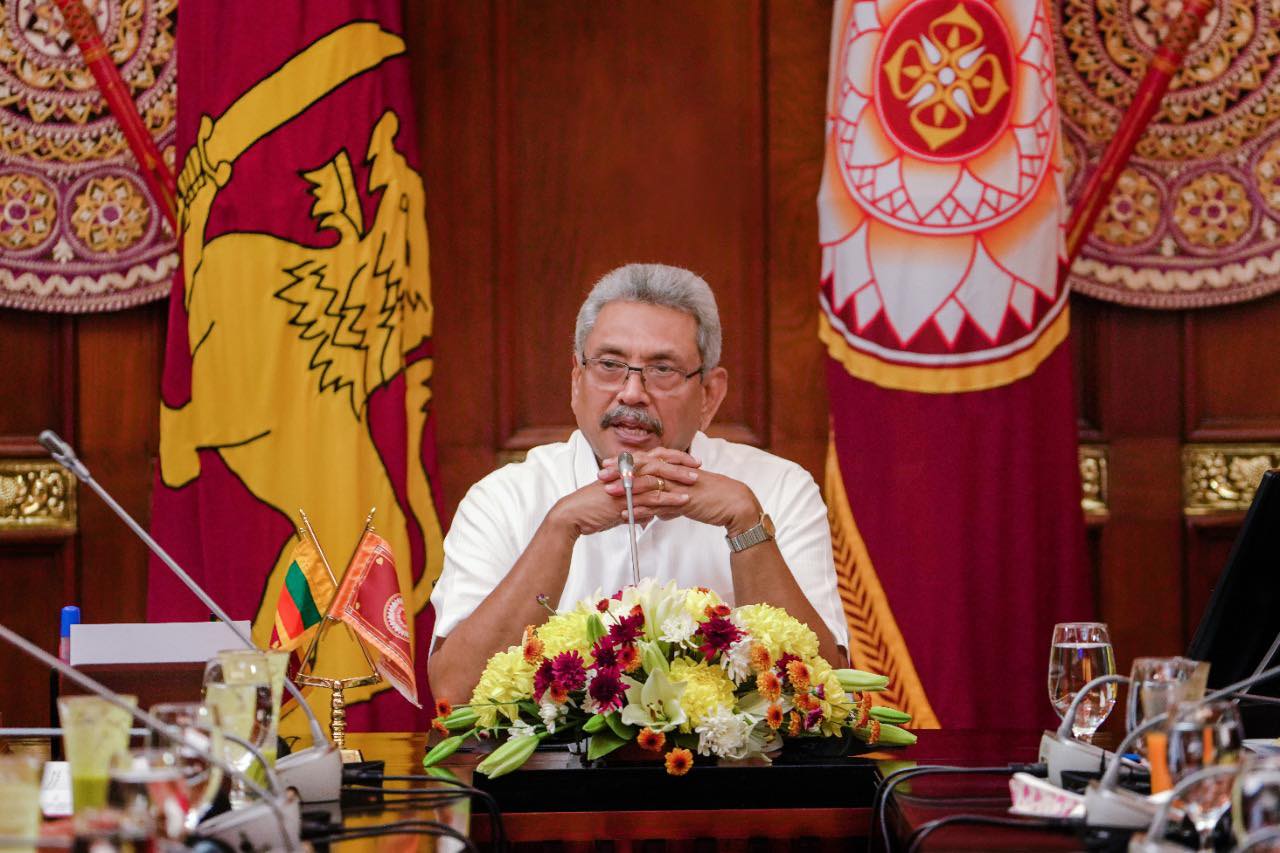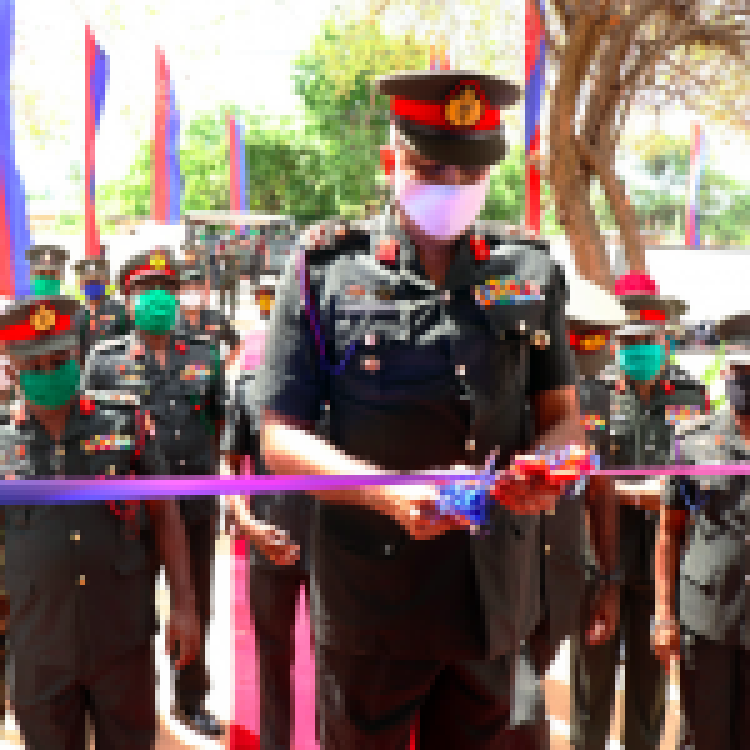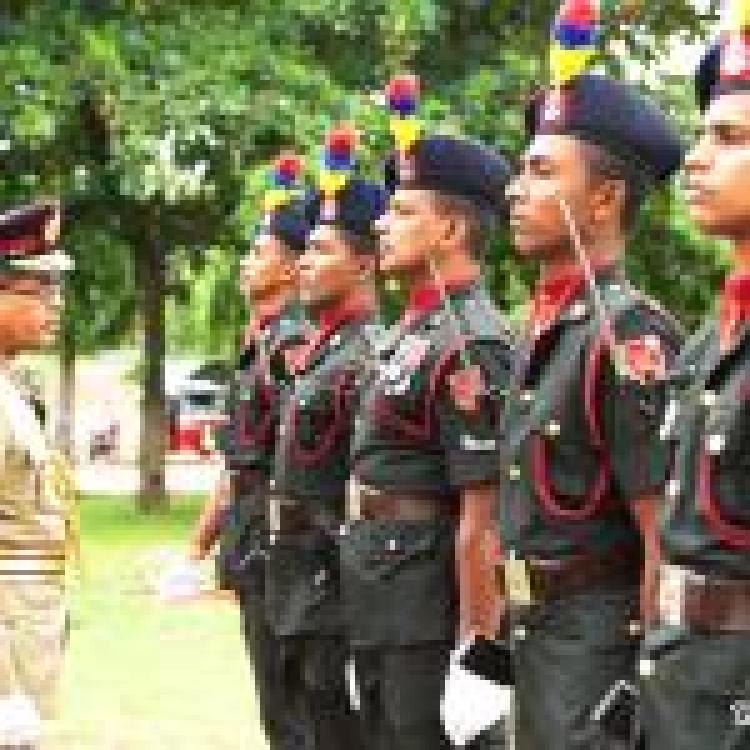
Despite the on-going damage to national reconciliation, Gotabaya Rajapaksa is insistent on the normalisation of “military’s influence in the civilian sphere”, warns the Economist.
The normalisation of the military
The Economist notes that Gotabaya Rajapaksa’s rise to the presidency was based on the support of former officers, soldiers and his own “band of brothers”. After the civil war ended in 2009, the army and intelligence sectors played an increasing role in Sri Lanka’s public life, as well as the disappearance of government critics. Gotabaya’s ascendance to presidency did not so much shift the trajectory of Sri Lanka’s development as it made “informal networks become formal”.
Drawing on the work of Kanishka Jayasuriya, a political scientist at Australia’s Murdoch University,
the economist notes a trend through which military imposes undue influence on the public sphere. Under this new system, “military types prosper alongside a new, assertive bourgeoisie grown rich on the back of property and infrastructure deals, much of it lubricated by Chinese loans.
It is this entrenchment of the military that has left many academics and journalists to “say they are afraid to investigate the business links”.
The role of the military
In Sri Lanka, Generals are taking over civilian roles and are placed “in charge of customs, the port authority, development, agriculture and poverty eradication. The army commander, General Shavendra Silva, runs the coronavirus task-force” and much of the military elite are expected to be awarded ambassadorships.
The Economist notes there is little reason to suspect that military men will “do a better job of running ports, reducing poverty or increasing crop yields”. The concern, they note, is accountability as, “the positions filled by officers have little civilian oversight”. They further state that accountability has not been aided by the decision to dissolve parliament enabling the president to rule by decree.
Coronavirus Response
The Economist further casts doubt over Sri Lanka’s response to the coronavirus pandemic stating that the “enforcement of quarantine areas with hazmat suits and assault rifles is surely overkill”.
The coronavirus response is being led by General Silva, who was banned from America earlier this year over suspected involvement in extra-judicial killings. The bureaucracy of the military is described as hidebound and civilian capacities are noted for their weakness. Further questions have also been raised over the outbreak of the virus on military bases.
“Of 900-odd reported cases in Sri Lanka, over 500 are members of the armed forces or their close contacts”, the Economist states.
The piece concludes stating:
As he and his band of brothers have long seen it, having saved Sri Lanka from fracturing, they are entitled to an outsize role in its future. With military efficiency, they are taking it.
Read more from the Economist.



